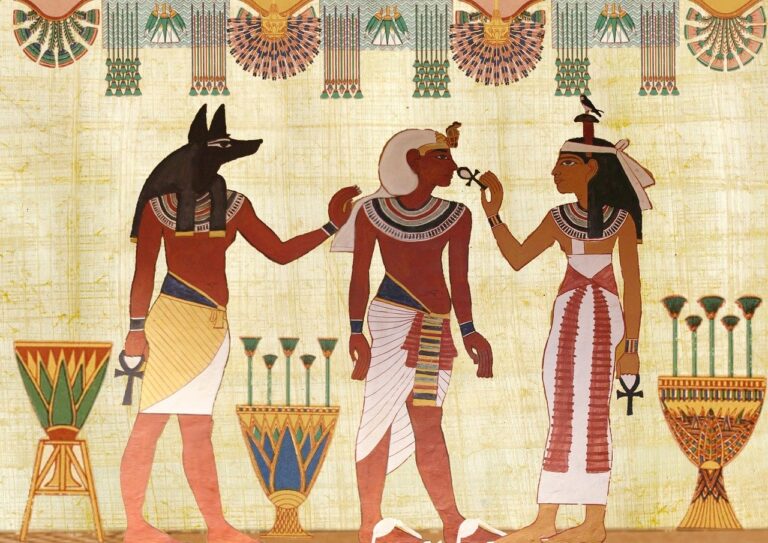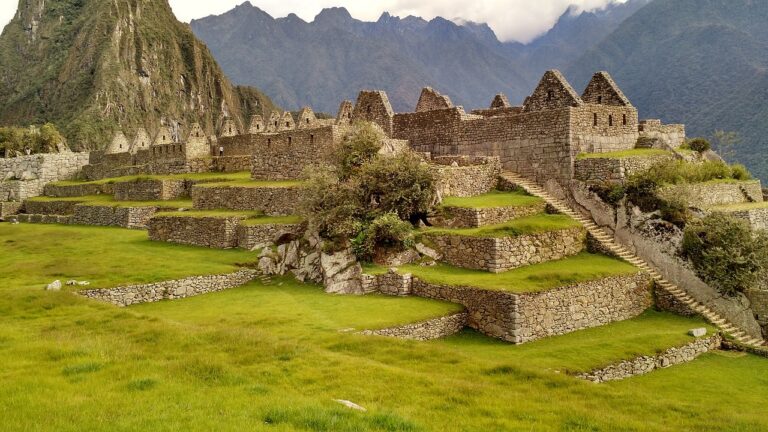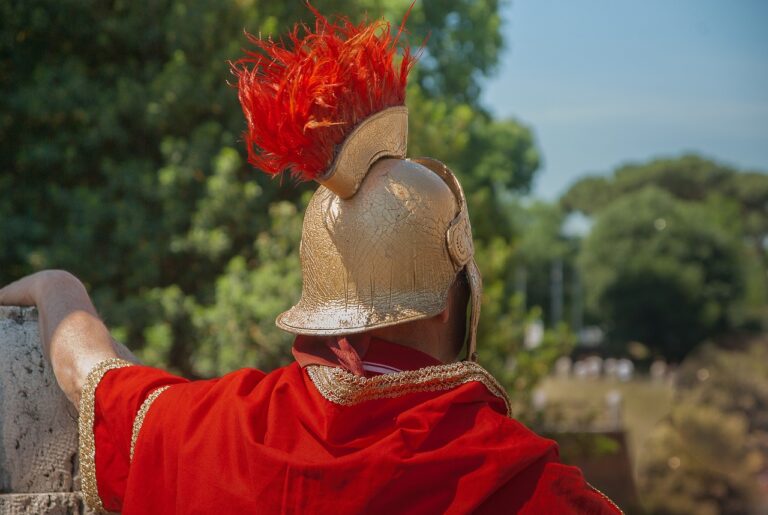What was life like in Ancient Greece?
The Parthenon is one of the symbols of Greece recognized throughout the world. It is so famous that you can find duplicates in Regensburg, Germany, where it is called the Walhalla Memorial, and in Tennessee, USA.
Come to think of it, Tennesseans must be true lovers of Greece as they have given some cities Greek names: Athens, Antioch, Smyrna, Sparta and more.
On the subject of commemorations, the National Museum of Scotland, also known as Edinburgh’s Folly, was inspired by the temple of Athena.
Many things are known about classical civilization, starting with the Greeks and continuing with the Latins!
It is partly thanks to the centuries-old work of archaeologists who have brought to light the jewels of Ancient Greece: from poetry to craftsmanship, from philosophers to divinities to those who were considered myths.
Even if we reduced to the bare bones the discoveries and knowledge we have about Ancient Greece, this article would be practically interminable.
Chronology of archaic Greek civilization
The region we identify as Greece has been inhabited since time immemorial, but how long did it take to develop the culture we know?
From archaeological findings we know that the populations who inhabited the region were hunters; the remains of human activities date back to 6000 BC, in the Neolithic period.
In reality, ancient history, conventionally, begins much later around 800-500 BC.
At that time, the Minoan civilization centered on Crete had been wiped out by the Dorian invasions, and the resulting Greek Dark Age (1100-750 BC) had just come to an end.
This dark period covers the end of the Mycenaean era and the beginning of the writing of the Greek language.
The Mycenaeans had introduced several innovations in engineering, architecture and martial arts, but this did not save them from the attacks of the Dorians who fought with iron weapons.
The Dorians were a mountainous people from the southwestern part of Macedonia. They managed to make their way into the heart of Greece, causing the decline of the peninsula’s early civilizations.
Mycenaean society, made up of hierarchies, a severe political system and regulated activities as well as a leadership centralized in the halls of power, soon entered chaos.
In this period, small agricultural villages multiplied and with them the decentralization of power which allowed society to reorganize itself.
This process determined the transition from the dark period to the classical period (510-323 BC), but what divides the Greek Middle Ages from the classical splendor is defined as the archaic period and goes from 600 to 480 BC.
How developed was Egyptian culture in this period? The Aztecs will come many centuries later!
In these 300 years of history the foundations were laid for the birth of democracy and the development of a flourishing intellectual and artistic activity.
Let’s see what conditions allowed its growth.
Archaic period: the reorganization after the dark period
The phrase “fall of the palaces” indicates the end of the Mycenaean civilization, when the sophisticated built cities were abandoned.
Some inhabitants found themselves in small villages, others began a nomadic lifestyle.
The agricultural populations established themselves as city-states, polis, created fortifications and built relationships with nearby polis.
These settlements must have been rather attentive to diplomatic relations: they carried out trade with neighboring cities, but they had their own culture, laws and political structures.
The wealthiest citizens were chosen or self-selected as leaders, forming an oligarchy that was not much different from the ousted monarchs in the previous period.
Oligarchs were also deposed, this time by tyrants who took advantage of economic crises to gain and maintain power. Once economic recovery restarted, citizens kicked out the tyrants and took back power.
This continuous cycle of oligarchy and tyranny continued to characterize Greek political life until the 6th century BC.
In the 6th century. B.C. a new form of political expression was born: democracy, or the power of the people.
At the time, this power was held only by free men: women, slaves and foreigners were excluded.
This new political era required a series of laws and there was a monumental job of writing the laws.
This period of economic stability was accompanied by an increase in population. The Greek city-states were no longer enough and a period of colonization towards the Mediterranean and Anatolia began.
Life in the archaic period
Greek society, despite advances in politics and philosophy, remained essentially an agricultural society. This meant that daily life activities revolved around planting and harvesting.
The olives were harvested by hitting the tree with a stick; then they were placed in baskets, processed to be transformed into edible oil or beauty products.
Harvesting wheat was also very tiring and after hard work in the fields, if there was any time left over for rest, it was dedicated to the worship of the gods.
In their free time, in honor of some special celebration or holiday, the Greeks spent time at the theater. Tragedy and comedy sound familiar to all of us and it was the poet and actor Thespis who gave us the first tragedy.
If there was nothing interesting at the theater, you could pass the time by participating in a debate on politics and philosophy.
In addition to this, board games could be played: a sort of chess, dice and astragalus, small cattle bones, and marbles prevailed.
What types of games were played in Mesopotamia?
Religion in Ancient Greece
It is worth remembering that although Greek mythology evokes many deities, religion in Greece had a function in its own right and very different from the story.
Like many other civilizations, the Greeks reflected on the origins and meaning of life: the deities gave meaning and depth to life itself.
One of the ways to manifest one’s religious beliefs was to tell and write the stories of the gods. One of the most significant stories is that of Hercules: it demonstrates how human beings must work hard to earn a place among the gods, despite being descended from them.
At the dinner table, for example, people reserved a place for Hestia, the goddess of the home, and took care of a home altar erected in her honor.
The Parthenon was built for the cult of Athena, the goddess of justice. In every corner of the Attic peninsula there were monuments dedicated to the deities:
- Zeus: the lord of the gods and the sky
- Hera: the wife of Zeus; patroness of the city of Argos
- Poseidon: the god of the sea, brother of Zeus and father of Triton
- Demeter: the goddess of the harvest, whose daughter, Persephone was kidnapped by Hades
- Athena, the goddess of wisdom, justice, the arts, war and favorite daughter of Zeus
- Apollo: god of the sun and prophecy; Artemis’ twin brother
- Artemis: goddess of the moon, hunting and animals
- Ares: god of war, venerated especially in Thrace
- Aphrodite: goddess of love and beauty, wife of Hephaestus
- Hephaestus: god of fire, initially expelled from Olympus, regained his place by forging a golden throne and other precious goods
- Hermes: the messenger of the gods, had winged shoes
- Hestia: the goddess of the home
- Dionysus: god of wine and grapes, venerated especially in rural areas
Although they believed in all the Olympian gods, each city-state had its own patron deities and even a favorite god, as was the case with Athena and from whose name the city of Athens was derived.
According to archaeological findings, the Olympics began around 700 BC. during the archaic period, probably in signs of devotion towards Zeus. Only the Greeks, and not other populations such as the Macedonians, could be part of it.
Women who did not have citizenship rights were also excluded.
The end of the archaic period
This period of relative peace in Greek history lasted for about 300 years, although according to some scholars its duration was much shorter: from 66 to 480 BC.
The conquest by the Dorians who put an end to the Mycenaean civilization (600-1100 BC), reduced the Greek citizens to the role of slaves, forcing them to flee their homes.
In the dark period that followed, from 1100 to 800 BC, Greece lost memory of the splendor achieved with the Minoan and Mycenaean civilisations.
Progressively, the Greeks returned to their homes, settling in small clans, and then returning to the city-states. Although the economy was essentially agricultural, progress was made academically in this archaic period: the mathematician Pythagoras lived in this period and the two great epic poems, the Iliad and the Odyssey, also date back to the archaic era .








One Comment
Comments are closed.